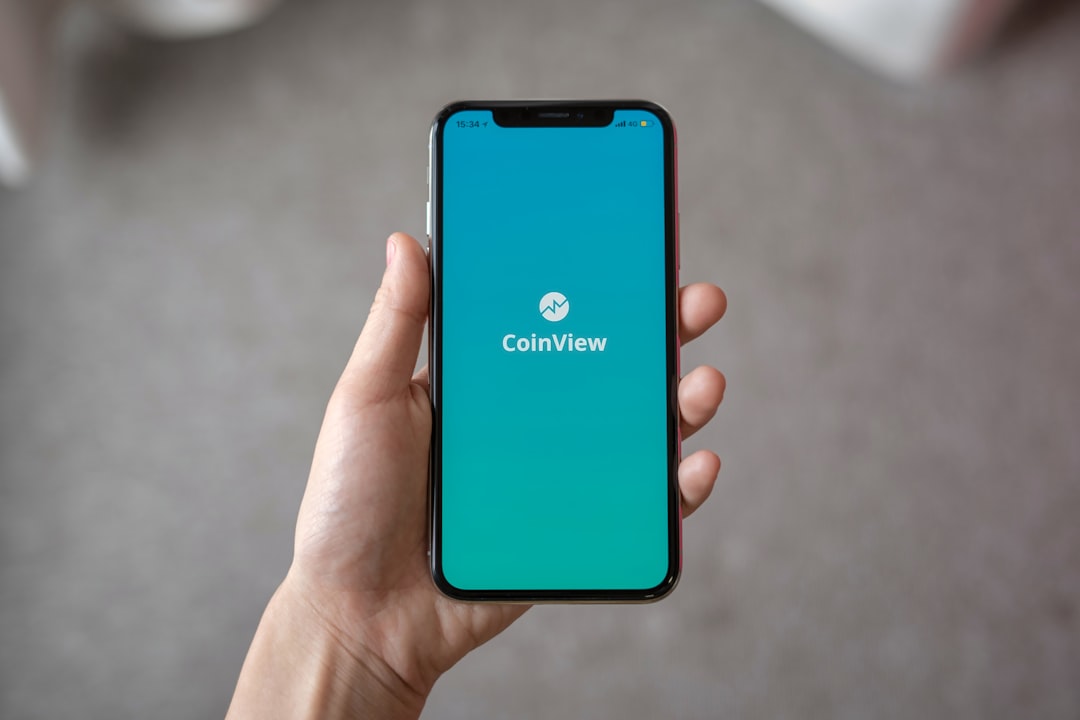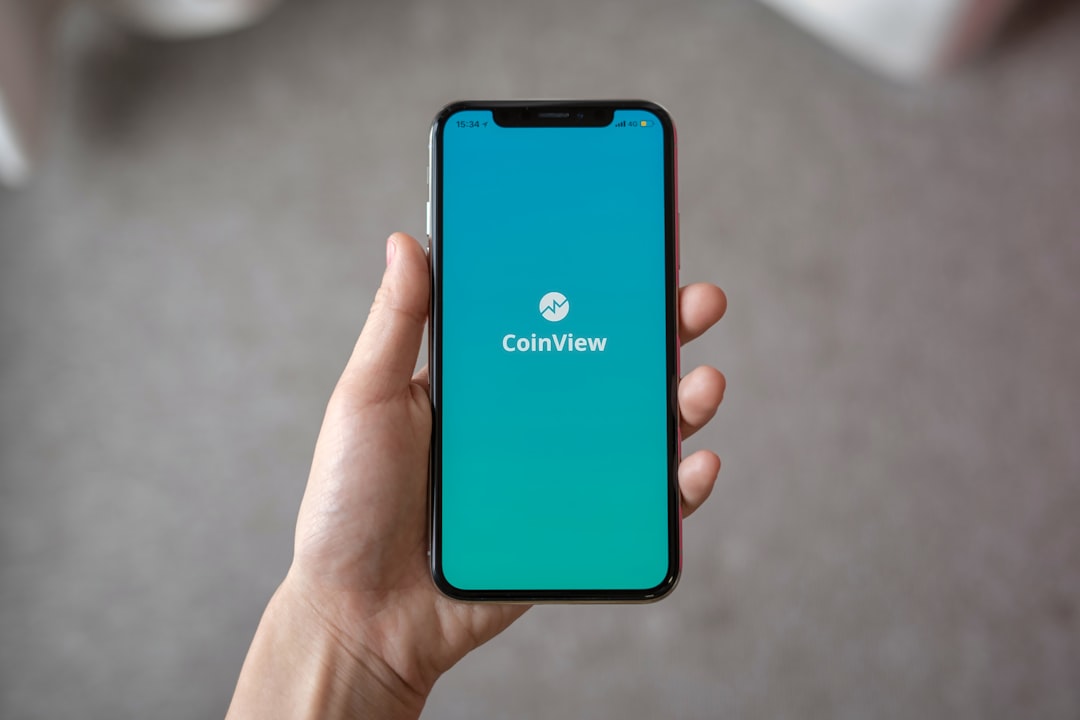Phishing via SMS (smishing) is a growing cybercrime in Dunedin, Florida, where criminals impersonate banks or agencies via urgent text messages. To protect yourself, avoid responding to unexpected messages asking for personal info, check for spelling errors and suspicious links. Legitimate businesses rarely request details this way. Verify senders, install anti-spam apps, keep software updated, and report suspected attempts to Spam Call Lawyers Florida. Strict laws like TCPA protect consumers, and reporting spam helps combat malicious practices.
In the digital age, phishing via SMS is a growing concern in Dunedin, Florida. This insidious form of cyberattack targets personal data through seemingly innocent text messages. Understanding how to recognize and avoid these attempts is crucial for residents. This article delves into the common red flags, best practices, and legal aspects, including reporting spam calls to local Spam call lawyers Florida, empowering Dunedinians to protect their information effectively.
Understanding Phishing via SMS: A Growing Concern in Dunedin

Phishing via SMS, also known as smishing, is a growing concern in Dunedin, Florida, and across the globe. As technology advances, cybercriminals are employing more sophisticated methods to target individuals and businesses alike. Unlike traditional phishing emails, which many users have learned to identify, text messages can be more convincing and often carry immediate consequences.
Spam call lawyers in Florida warn that these attacks can take various forms. You might receive a seemingly legitimate text from what appears to be a bank or government agency, asking you to verify your account details by replying with personal information. Another common tactic is the use of urgent language to trick recipients into clicking on malicious links or downloading harmful attachments. Understanding these tactics and staying vigilant are crucial steps in protecting yourself from phishing attempts via SMS.
Common Red Flags: Spotting Suspicious Text Messages

In the fast-paced digital landscape, phishing via SMS has become a prevalent threat, targeting individuals across the globe, including Dunedin, Florida. Recognizing common red flags is your first line of defense against these deceptive attempts. One of the most obvious signs is unexpected or unsolicited text messages, especially those asking for personal information or urging immediate action. Phishing messages often disguise themselves as official communications from known entities, such as banks or government agencies, creating a sense of urgency to trick recipients into revealing sensitive data.
Additionally, look out for spelling mistakes, grammatical errors, and odd formatting, which are common in phishing attempts. These messages might also contain links that appear legitimate but can lead to malicious websites designed to steal your information. Remember, reputable organizations rarely ask for confidential details via text. If you receive a suspicious message, don’t click on any links or provide any information; instead, verify the sender’s identity through official channels and consider consulting spam call lawyers in Florida for guidance on dealing with such incidents effectively.
Protecting Your Data: Best Practices to Avoid Phishing

To protect yourself from phishing attempts via SMS in Dunedin, Florida, it’s crucial to adopt best practices that safeguard your personal data. First and foremost, never respond to suspicious messages or click on links contained within them. Verify the sender’s identity independently by contacting them through official channels. Remember, legitimate businesses will not ask for sensitive information over text.
Additionally, install reputable anti-spam applications on your device, which can filter out unwanted texts and protect against phishing attacks. Regularly update your operating system and security software to ensure maximum protection. If you suspect a phishing attempt, report it to both your service provider and local Spam Call Lawyers Florida who specialize in digital security, helping to maintain a safer online environment for all residents.
Legal Aspects and Reporting Spam Calls in Florida

In Florida, including Dunedin, there are strict laws in place to combat spam calls and protect consumers from phishing attempts via SMS. The Telephone Consumer Protection Act (TCPA) is a federal law that regulates telemarketing practices, including text messaging. Under this act, businesses must obtain explicit consent before sending automated texts for marketing purposes. Violating the TCPA can result in substantial fines. Florida’s Attorney General’s Office actively enforces these laws and provides resources for consumers to report spam calls.
If you’ve received a phishing SMS or believe you’re being targeted by spam call lawyers in Florida, reporting it is crucial. You can file a complaint with the Florida Attorney General’s Consumer Protection Division. This not only helps protect yourself but also contributes to a statewide effort to curb malicious practices. Ensure that you save any relevant text messages as evidence and document the date, time, and content of the spam call for easier reporting and potential legal action.






